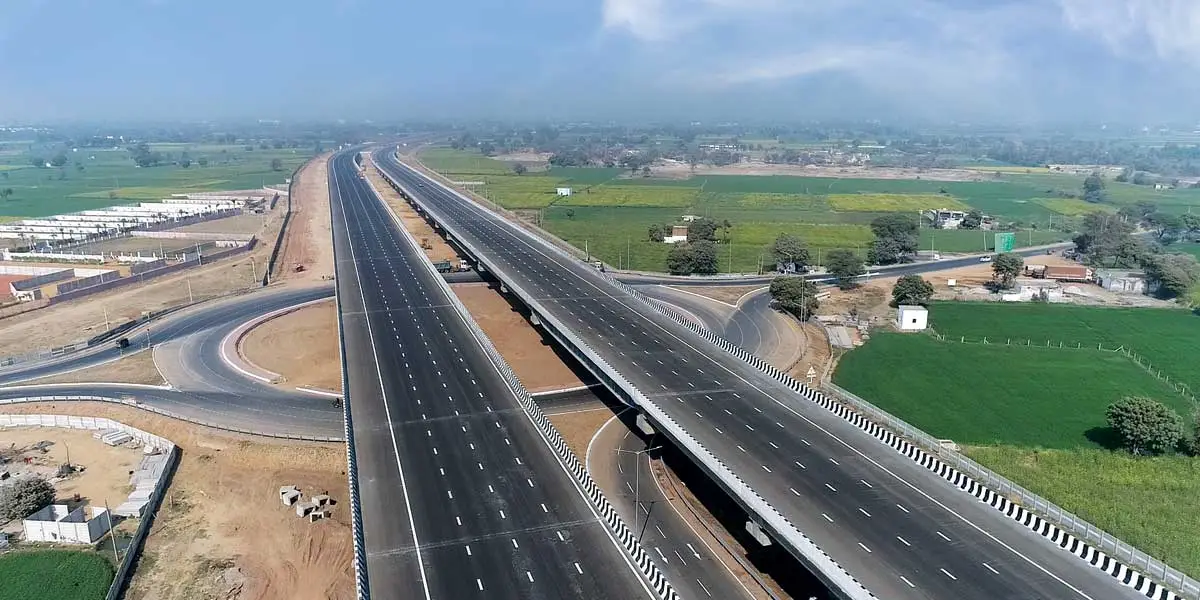
The government's focus has shifted to monetizing completed highway projects, leading to a significant change in the construction approach for National Highways (NHs). Instead of relying solely on government financing or engineering, procurement and construction (EPC) methods, the National Highways Authority of India (NHAI) has embraced public-private partnership (PPP) for almost 85% of highway projects. This shift is motivated by the recognition that projects implemented under PPP demonstrate superior quality and require less maintenance compared to government-funded initiatives.
Under this new policy, the NHAI will invite bids for most of the highway projects through PPP. This is the first time that the highways department of the highways ministry is working with private investors on new projects. The decision to favor PPP models, particularly the build-operate-transfer (BOT) and hybrid annuity (HAM) model, was made in light of their proven track record of higher quality and lower maintenance costs associated with these projects.
According to Union Road Transport Secretary Anurag Jain, major projects worth more than Rs 5 billion will preferably be executed under PPP mode. Private players involved in PPP projects are required to maintain the highways for 15 to 20 years, ensuring higher levels of construction due to their long-term responsibility.
This strategic shift is illustrated by the immediate maintenance being carried out by private entities, with around Rs 1 billion being spent on each of the five highway stretches acquired from NHAI, which were initially constructed using EPC methods. In contrast, the remaining five corridors constructed under PPP did not require immediate attention, demonstrating the sustainability and reliability of the PPP approach.
Highlighting the benefits of roads constructed under BOT and HAM modes, Union Road Transport Minister Nitin Gadkari emphasized that private investors' awareness about their maintenance responsibilities leads to better construction quality in the long run. Consequently, the government plans to significantly expand road construction under these modes of transport, ensuring the development of high-quality, sustainable highway infrastructure.
Automotive Body Coach Building
Hydraulic & Pneumatic Equipment
Industrial & Shipping Containers, Barrels And Drums
Insulators, Insulation Material & Accessories
Mechanical Power Transmission Tools And Accessories
Miscellaneous Automobile Parts, Components & Equipment
Miscellaneous Electrical & Electronic Items
Ship & Marine Tools, Equipment & Accessories